
While most people with blemishes or acne become very conscious and lonely, the truth is almost everyone deals with it at some point in their life. As the eighth-most common skin condition worldwide, the estimated global prevalence of acne is 9.4%.
Acne manifests as pimples on the skin, especially on the face (the common face acne). It affects a person’s physical appearance as well as restricts one’s social interaction. Unfortunately but true, acne, although extremely common, leaves an indelible psychological and social impact. Adolescents may feel significantly left out if they are super conscious of their newly developed acne or acne scars.
Acne coupled with hair loss, excessive hair growth, or irregular periods can also be red flags for underlying issues like polycystic ovary syndrome (PCOS) or other endocrine disorders. Thus, an in-depth understanding of acne conditions and appropriate treatment is crucial for good mental and physical health.
Read on to know the science behind acne and expert advice on how to treat them?
What is Acne?
Acne is a common skin inflammatory condition in which hair, dead skin, or sebum (an oily skin secretion) block the pores. This blockage causes the skin to break out with lesions or pimples. Usually, acne occurs on the face, chest, back, neck, and shoulders.
People of all ages can get acne – however, it is more common in teenagers and young adults. Acne is more prevalent in men during their teens, whereas women witness acne development during adulthood. It may also significantly affect the quality of life of people.
What Causes Acne?
The main contributory causes of acne are:
- Excessive oil production
- Inflammation
- Growth of bacteria in the pores
- Clogging of pores with dead skin cells
Some indirect factors include stress, hormonal imbalances, makeup, hair and skin care products, menstrual cycle, diet, family history, and certain medications (e.g.: corticosteroids, anabolic steroids, lithium).
What are the Types of Acne?
Acne, or acne vulgaris, varies in size, colour, and level of pain. There are several types of acne, which are:
-
Whiteheads (closed comedones)
These are small bumps that remain under the skin and are closed by oil and dead skin.
-
Blackheads (open comedones)
These are clear, open bumps on the skin’s surface. These dark-coloured spots are filled with excessive oil and dead skin.
-
Papules
These are small, pink bumps on the skin’s surface that become inflamed.
-
Pustules
These pimples are red at the base, white or yellow at the top, and are filled with pus. Scratching these pimples can cause scarring.
-
Cysts
Cystic acne can occur anywhere on the face or body. Cysts are the most severe form of acne vulgaris. These large, red, and painful pus-filled blemishes are quite visible on the skin. Cystic acne results from a severe bacterial infection and can leave behind scars.
-
Nodules
This is another severe form of acne vulgaris. Nodules are large, painful, and irritating pimples deeply embedded in the skin.
-
Fungal acne
Pityrosporum folliculitis or fungal acne is caused by yeast development in the hair follicles. As a result, itchy and painful papules and pustules develop on the face, chest, and back.
How Can I Treat Acne?
The main objectives of acne treatment are to:
- Stop new blemishes or pimples from forming.
- Heal the blemishes.
- Prevent scar formation.
The treatment approach includes oral and topical medications, among other regimens. It also depends upon the person’s age and gender, and the severity and scarring caused by acne.
What are the Treatment Approaches for Various Types of Acne?
Whiteheads and blackheads
These are mild forms of acne. Therefore, the standard treatment recommended is topical therapy. This includes topical anti-acne preparations containing benzoyl peroxide, salicylic acid, retinol, and azelaic acid.
Benzoyl peroxide acts on acne-causing bacteria. Meanwhile, salicylic acid penetrates deep into the pores. It encourages the shedding of dead skin cells, unclogging the pores. It helps reduce the redness and inflammation associated with acne.
Salicylic acid is also used in psoriasis treatment. Topical salicylic acid preparations help reduce the red and scaly patches associated with scalp psoriasis.
With acne, topical antibiotics are also prescribed to unclog follicles. Antibiotics like clindamycin and erythromycin are effective against several kinds of bacteria.
Papules and pustules
Topical preparations can treat these types of acne. These are formulations containing benzoyl peroxide, salicylic acid, and retinol; and topical antibiotics.
Nodule and cysts
Deep acne, like nodules and cysts, often leaves scars. Proper treatment may help achieve clearer skin.
The treatment regimen includes topical preparations, antibiotics, and isotretinoin – an approved medication that treats severe acne. In certain appropriate cases, women can also use hormonal therapy (oral contraceptives) and spironolactone to control acne.
Dermatologists may also prescribe oral anti-inflammatory antibiotics – think doxycycline, tetracycline, and minocycline – which inhibit the production of bacteria-induced inflammatory cytokines.
Moreover, they may suggest some other treatment plans along with medications. For extremely painful, deep, and extensive breakouts, they may inject corticosteroid injections into the nodules to reduce the inflammation.
How can I Treat Acne Scars?
Recovery from acne can sometimes result in acne scars and dark spots. These may last permanently if they are not taken care of. Just like acne, there are different types of acne scars too. The three main types are:
- Post-inflammatory hyperpigmentation (PIH)
- Hypertrophic scars
- Atrophic scars
Scar treatment depends on the type, severity, and depth. Some scars from acne may require in-office treatment, while others can be treated at home. In-office treatment includes:
-
Laser and light therapy
The laser provides heat to the scar, which encourages the body to produce new skin.
-
Chemical peels
Here, the dermatologist removes the outermost layer of scarred skin with special chemicals called superficial chemical peels. This promotes the growth of new, smoother skin and lessens scars.
What are the Self-care tips to prevent acne?
Over-the-counter skin products or medications can be therapeutic. These should be applied regularly in a thin layer to the entire affected area.
Some tips to prevent future outbreaks include:
- Using broad-spectrum sunscreen (SPF 30) daily
- Using a mild cleanser twice a day
- Wearing non-comedogenic (which does not block pores) makeup
- Avoiding cleansers with scrubbing particles
- Regular shampooing as oil from hair can worsen acne
- Using non-comedogenic skin products to prevent the outbreak of new lesions
Practicing a dedicated self-care routine for face acne is essential. Hypoallergenic products like theConscious Chemist Flashfix™️ serum can reduce breakouts and bust blemishes. This quick-absorbing serum combats acne without irritating or drying out the skin.
Free from harmful chemicals and toxins, Flashfix™️serum is specially formulated with the following safe, science-based ingredients:
- A perfect blend of 1.5% plant-derived salicylic acid (from white willow, or Salix alba) and 0.5% encapsulated salicylic acid prevents blackheads and breakouts. Salix alba gently exfoliates the skin to alleviate acne and excess oil. The clinically formulated salicylic acid removes the dirt, debris, and excess sebum.
- The 4% lactic acid helps to reduce scars from acne and increase cell turnover time. Thus, it promotes new and younger-looking skin.
- Allantoin works as an emollient that moisturizes the skin and acts as a calming agent.
- The serum contains an additional blend of powerful plant extracts to detoxify and nourish the skin. One such substance is bisabolol, which helps to shed dead skin cells and get clearer skin.
Flashfix™️ serum is fragrance-free, non-comedogenic, and suitable for daily use by all skin types and genders. Apply 2–3 drops on cleansed and toned skin at night.
Needless to say, the serum is dermatologically tested and is easy to use. So, get rejuvenated, stress-free, and acne-free skin by shopping now for Flashfix™️ serum.
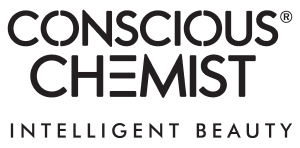
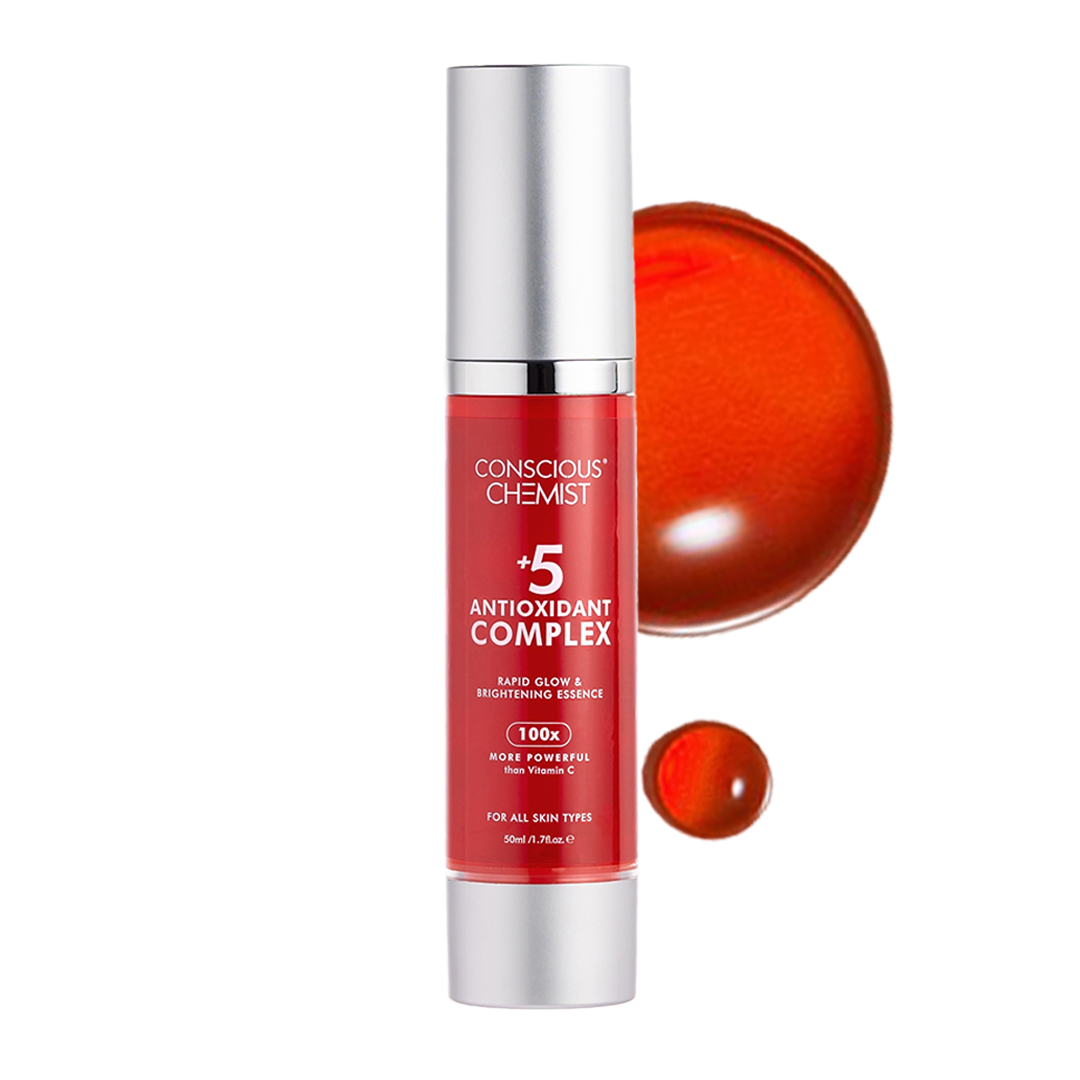
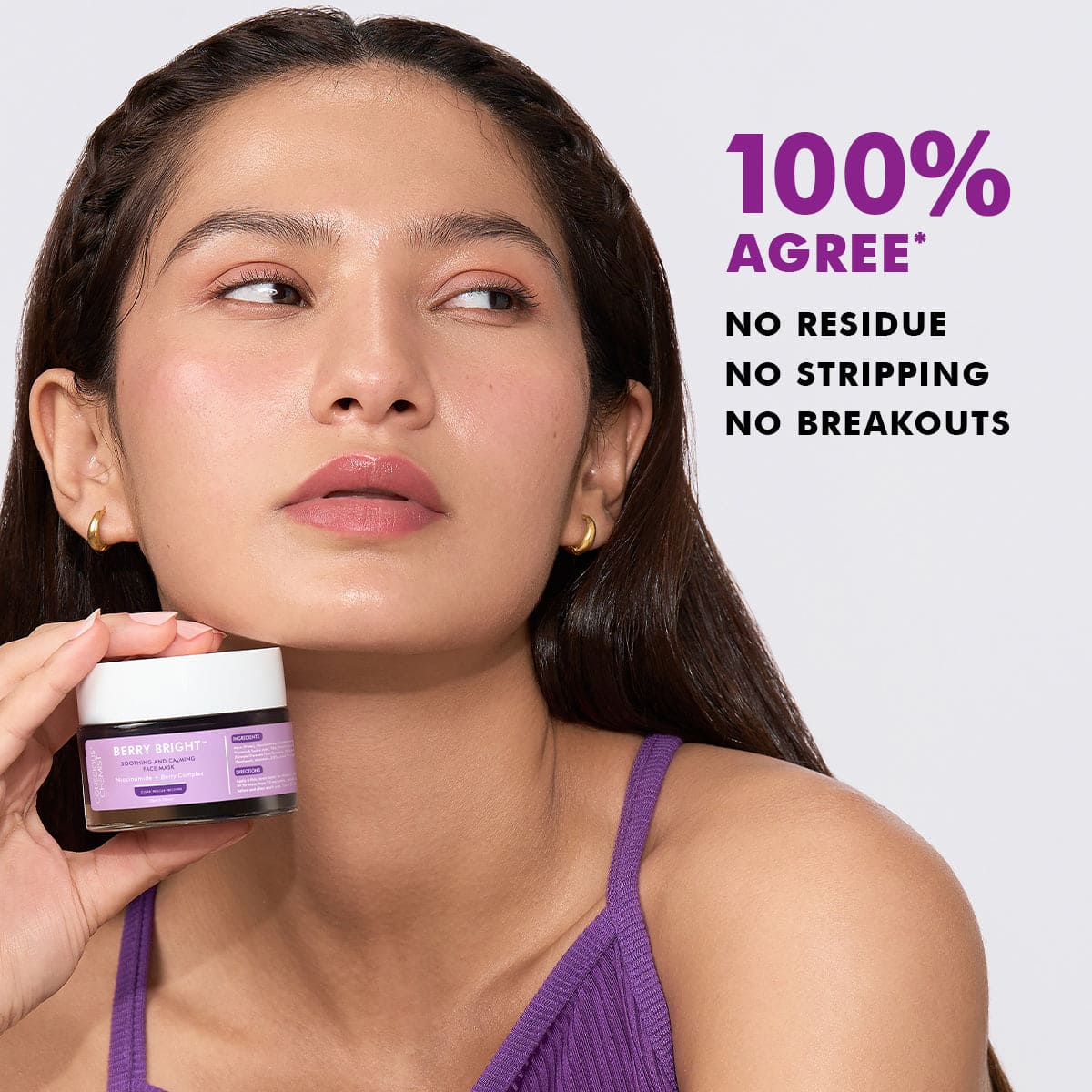
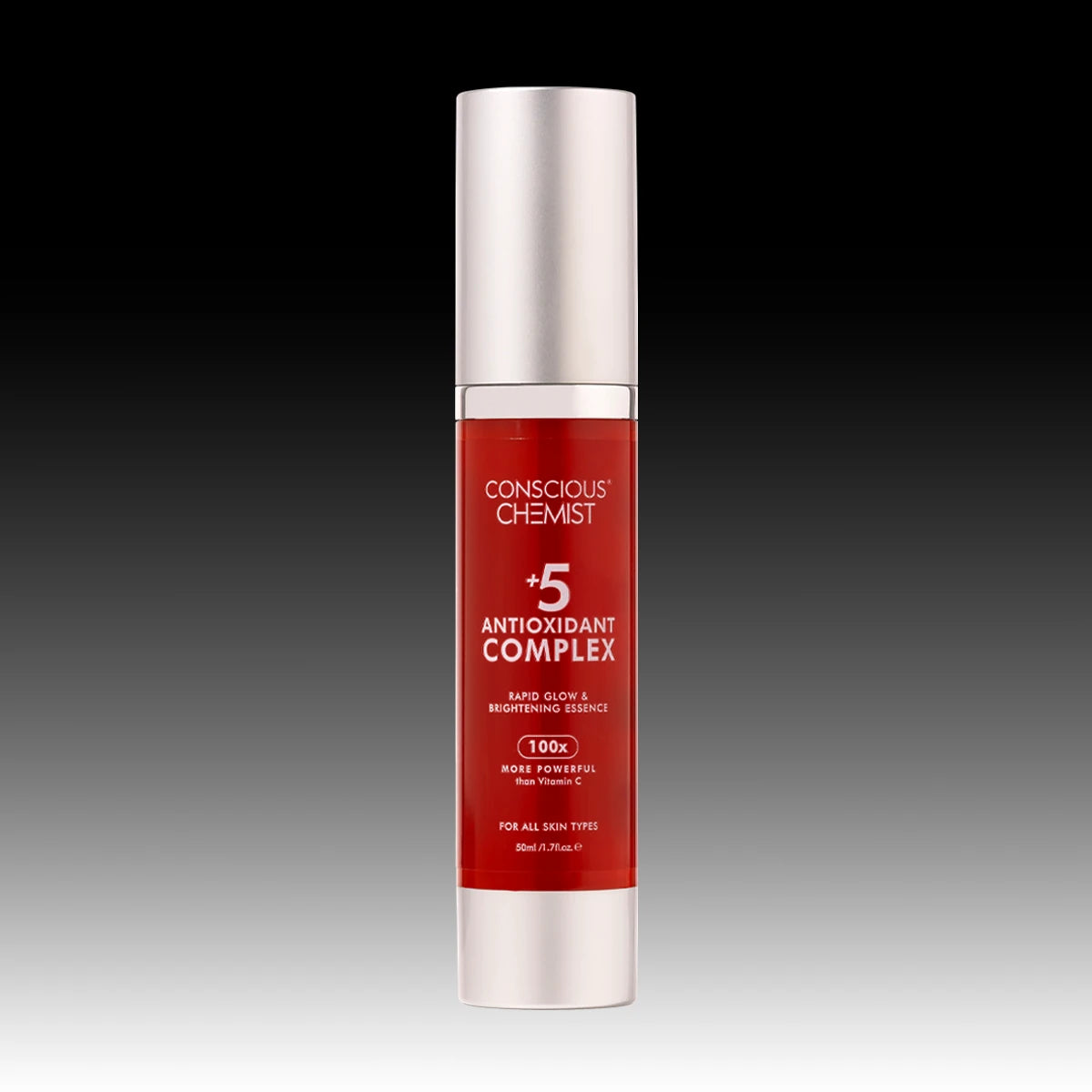
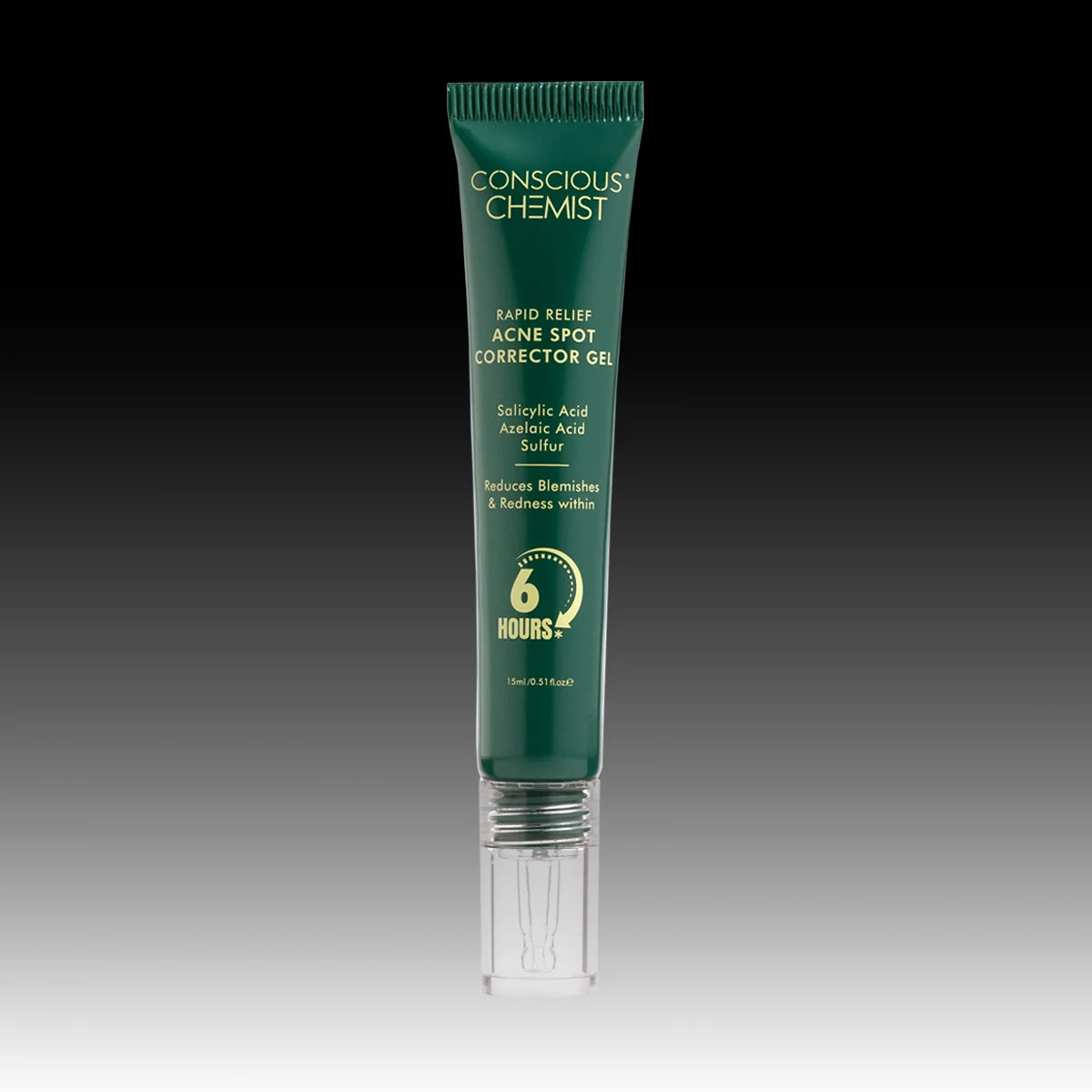

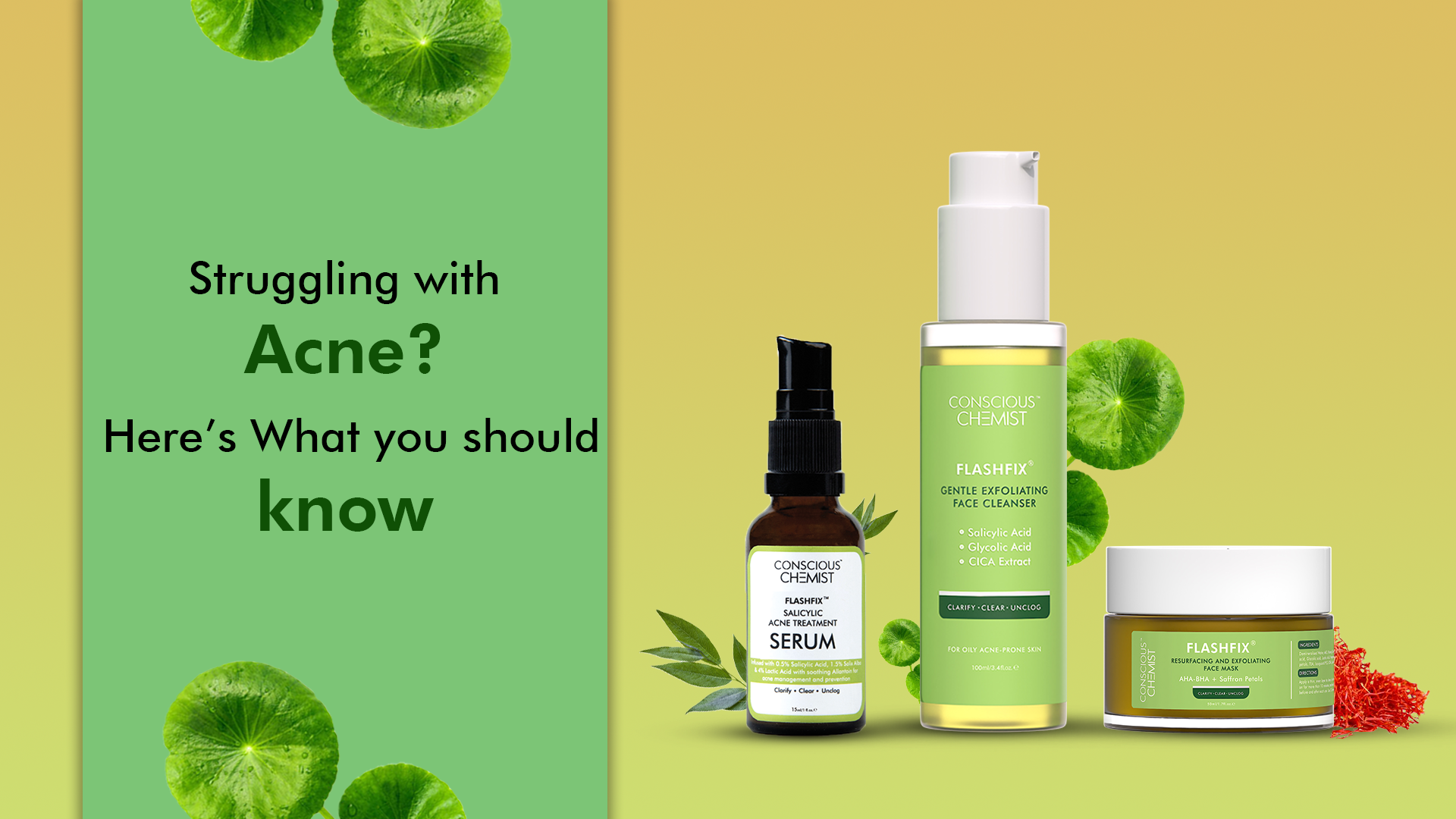
UVA, UVB, UVC, UV what? Things you need to know about sun blocks
"How I can build collagen into my skincare routine?" and other collagen Qs answered